The 2024 Baseball Hall of Fame drama and inductees have arrived
Some winners, some almost-winners and a couple near-losers


A free daily email with the biggest news stories of the day – and the best features from TheWeek.com
You are now subscribed
Your newsletter sign-up was successful
The results of this year's balloting for the Baseball Hall of Fame in Cooperstown, New York, were announced on Tuesday night, with three players gaining induction. The sport's Hall of Fame standards and elections are the stuff of heated debate among baseball writers and aficionados, and this year's outcome will surely cause spirited disagreement. Who was elected into baseball's Hall of Fame, how did the rest of the candidates fare and do any of them have a shot at induction next year?
The winners' circle
Baseball's Hall of Fame eligibility standards are fairly high — you must have played in 10 major league seasons and have been retired for five years. To achieve induction, players need to be named on at least 75% of ballots cast by members of the Baseball Writers Association of America, and at least 5% named to appear on the ballot the following year. Players are only eligible for election for 10 years.
The highest vote total (95.1%) this year went to Adrian Beltre, a third baseman who played in parts of 21 seasons for the Mariners, Dodgers, Red Sox and Rangers. His 93.5 career wins above replacement (a measure of a player's contribution to the team's success) rank him as the fourth-best third baseman of all time. His election was nearly unanimous and never in doubt. The Athletic's Levi Weaver captured the broad consensus by writing that "Watching Adrian Beltre was like watching magic."
The Week
Escape your echo chamber. Get the facts behind the news, plus analysis from multiple perspectives.

Sign up for The Week's Free Newsletters
From our morning news briefing to a weekly Good News Newsletter, get the best of The Week delivered directly to your inbox.
From our morning news briefing to a weekly Good News Newsletter, get the best of The Week delivered directly to your inbox.
After that were players whose candidacies were somewhat more divisive. Twins catcher Joe Mauer (76.1%) and Rockies first baseman Todd Helton (79.7%) unexpectedly squeaked in. Mauer was eligible for the first time this year, and with just 143 career home runs and 2,133 hits, his counting statistics were relatively low, largely due to a mid-career head injury. Celebrated baseball scribe Joe Posnanski called Mauer "a titanic force" but was surprised by his quick selection given some of his statistical limitations. For Fangraphs writer Jay Jaffe, Mauer had"a uniquely impressive resume" that made him an easy choice.
This was Helton's sixth year on the ballot, and after getting agonizingly close to election last year, this year he increased his vote share to 79.7%. A first baseman who played his entire career in Colorado, Helton's career tapered off after age 33, and he likely suffered from perceptions that his offensive statistics were inflated by his home ballpark, where the thin air leads to prodigious offensive numbers. Yet Posnanski once declared unambiguously that "I believe Todd Helton belongs in the Hall of Fame," and his ticket to Cooperstown was punched by his career .414 on-base percentage, 2,519 hits and nearly 600 doubles, which ranks 20th of all-time. Tanner Vogt of Rox Pile wrote of Helton that "one of the most iconic Rockies players of all time got his deserved recognition."
Just missed or long gone
Despite high hopes for induction this year, flame-throwing relief pitcher Billy Wagner got achingly close, and has one more year to get through. Wagner, who played for five teams including the Houston Astros and New York Mets, has suffered from the reluctance of some voters to elect high-leverage relief pitchers into the Hall of Fame. The New York Post's Jon Heyman, who didn't vote for Wagner, said nevertheless that "voting trends suggest he'll be a shoo-in for the needed 75% next year." The same isn't true for outfielder Gary Sheffield, who fell further short with 63.9% despite his 509 career home runs. This was Sheffield's last year of eligibility, and if he is to gain entry to Cooperstown it will now have to be part of a separate process called the Era Committee. As The Athletic's Jayson Stark noted, "every player who reached that high of a percentage eventually was elected" by that committee.
Wagner will share ballot space with holdovers who easily cleared 5% and who appear to be on the kind of upward trajectory that landed other stars in Cooperstown, including outfielders Carlos Beltran and Andruw Jones. They will also be joined by newly eligible star players like outfielder Ichiro Suzuki and starting pitcher Felix Hernandez. Suzuki, though, is regarded as the only slam dunk in next year's class of newly eligible players.
A free daily email with the biggest news stories of the day – and the best features from TheWeek.com
David Faris is a professor of political science at Roosevelt University and the author of "It's Time to Fight Dirty: How Democrats Can Build a Lasting Majority in American Politics." He's a frequent contributor to Newsweek and Slate, and his work has appeared in The Washington Post, The New Republic and The Nation, among others.
-
 Why are election experts taking Trump’s midterm threats seriously?
Why are election experts taking Trump’s midterm threats seriously?IN THE SPOTLIGHT As the president muses about polling place deployments and a centralized electoral system aimed at one-party control, lawmakers are taking this administration at its word
-
 ‘Restaurateurs have become millionaires’
‘Restaurateurs have become millionaires’Instant Opinion Opinion, comment and editorials of the day
-
 Earth is rapidly approaching a ‘hothouse’ trajectory of warming
Earth is rapidly approaching a ‘hothouse’ trajectory of warmingThe explainer It may become impossible to fix
-
 The 9 best steroid-free players who should be in the Baseball Hall of Fame
The 9 best steroid-free players who should be in the Baseball Hall of Famein depth These athletes’ exploits were both real and spectacular
-
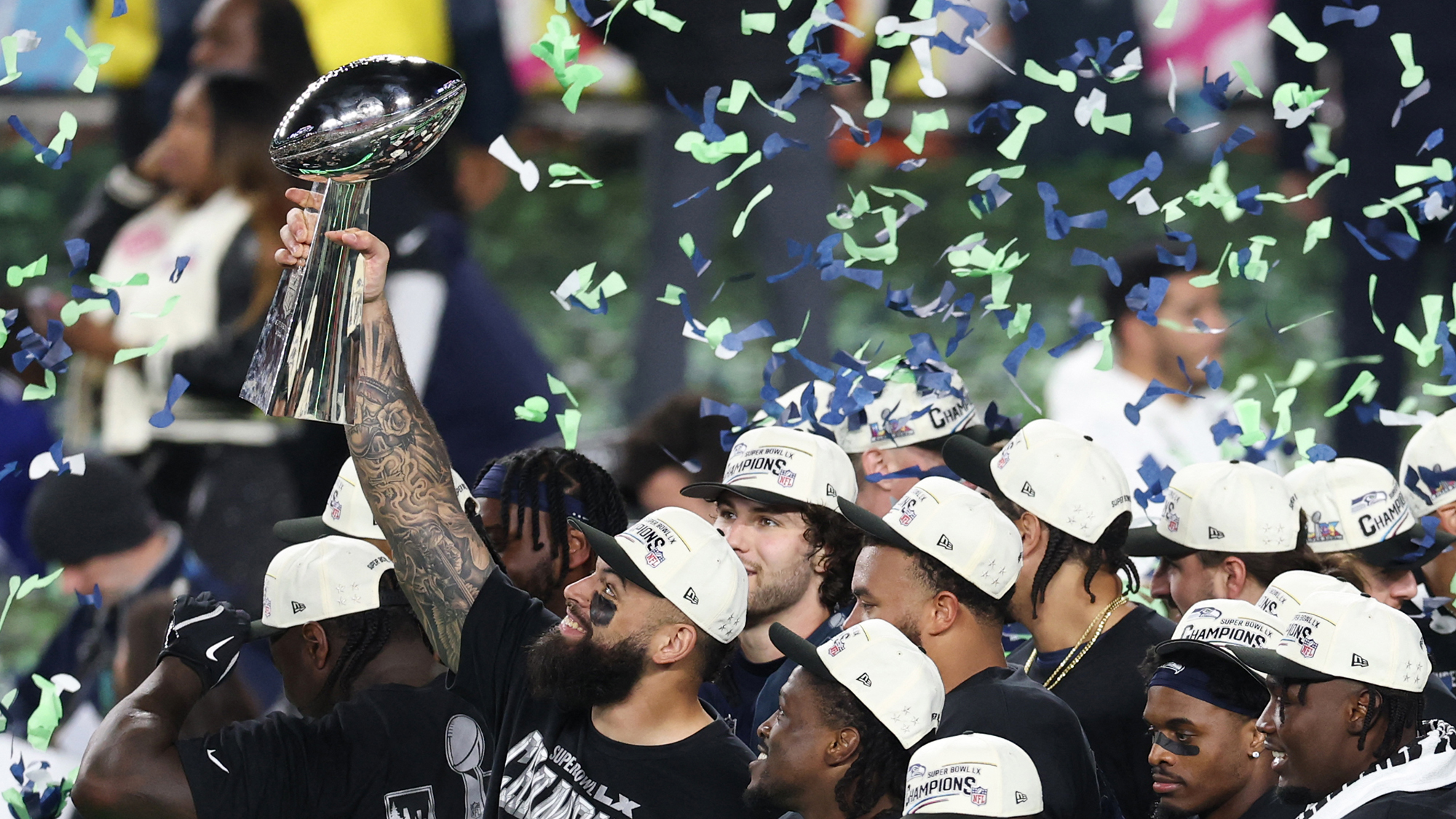 Seahawks trounce Patriots in Super Bowl LX
Seahawks trounce Patriots in Super Bowl LXSpeed Read The Seattle Seahawks won their second Super Bowl against the New England Patriots
-
 History-making moments of Super Bowl halftime shows past
History-making moments of Super Bowl halftime shows pastin depth From Prince to Gloria Estefan, the shows have been filled with memorable events
-
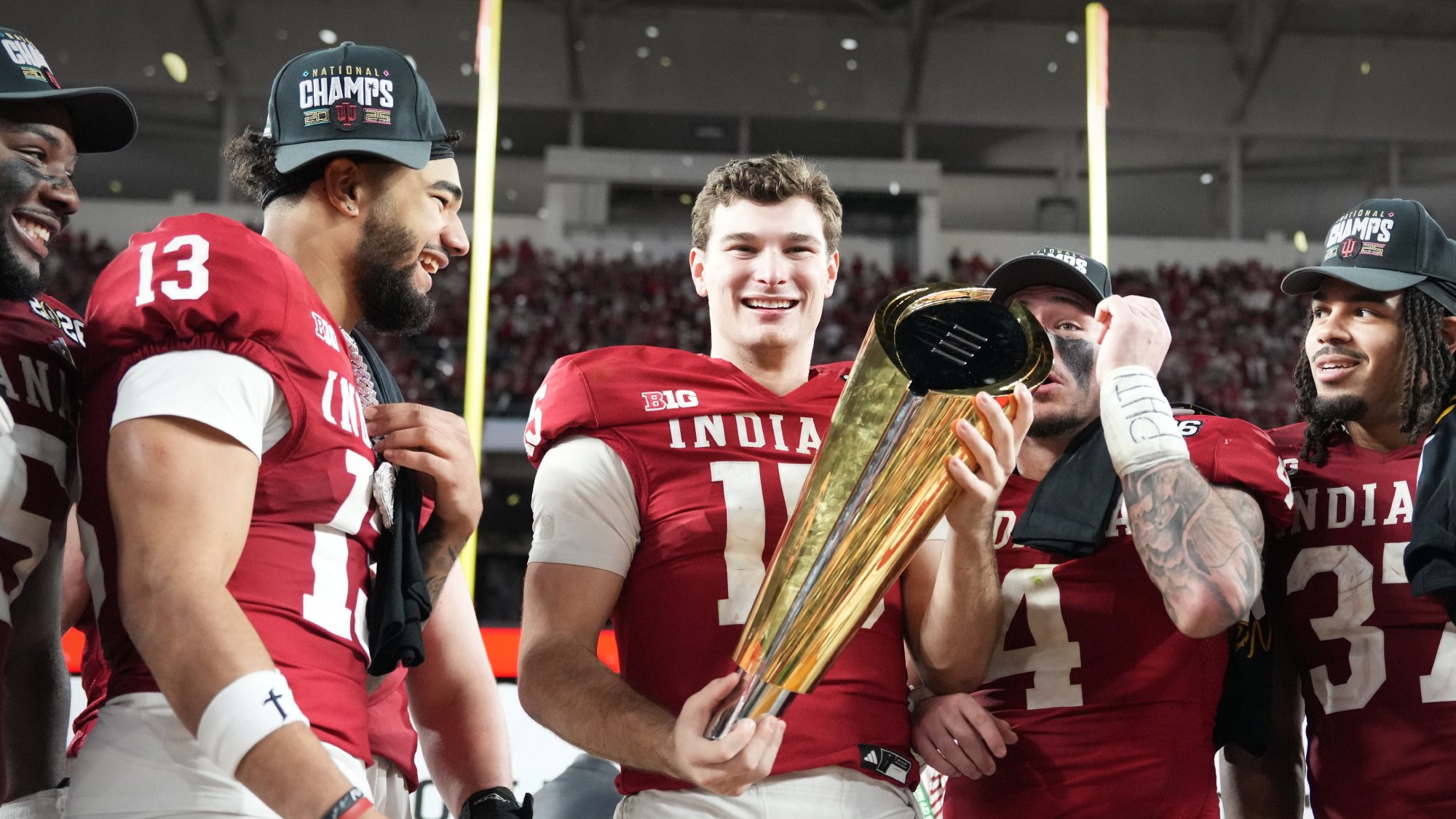 Indiana beats Miami for college football title
Indiana beats Miami for college football titleSpeed Read The victory completed Indiana’s unbeaten season
-
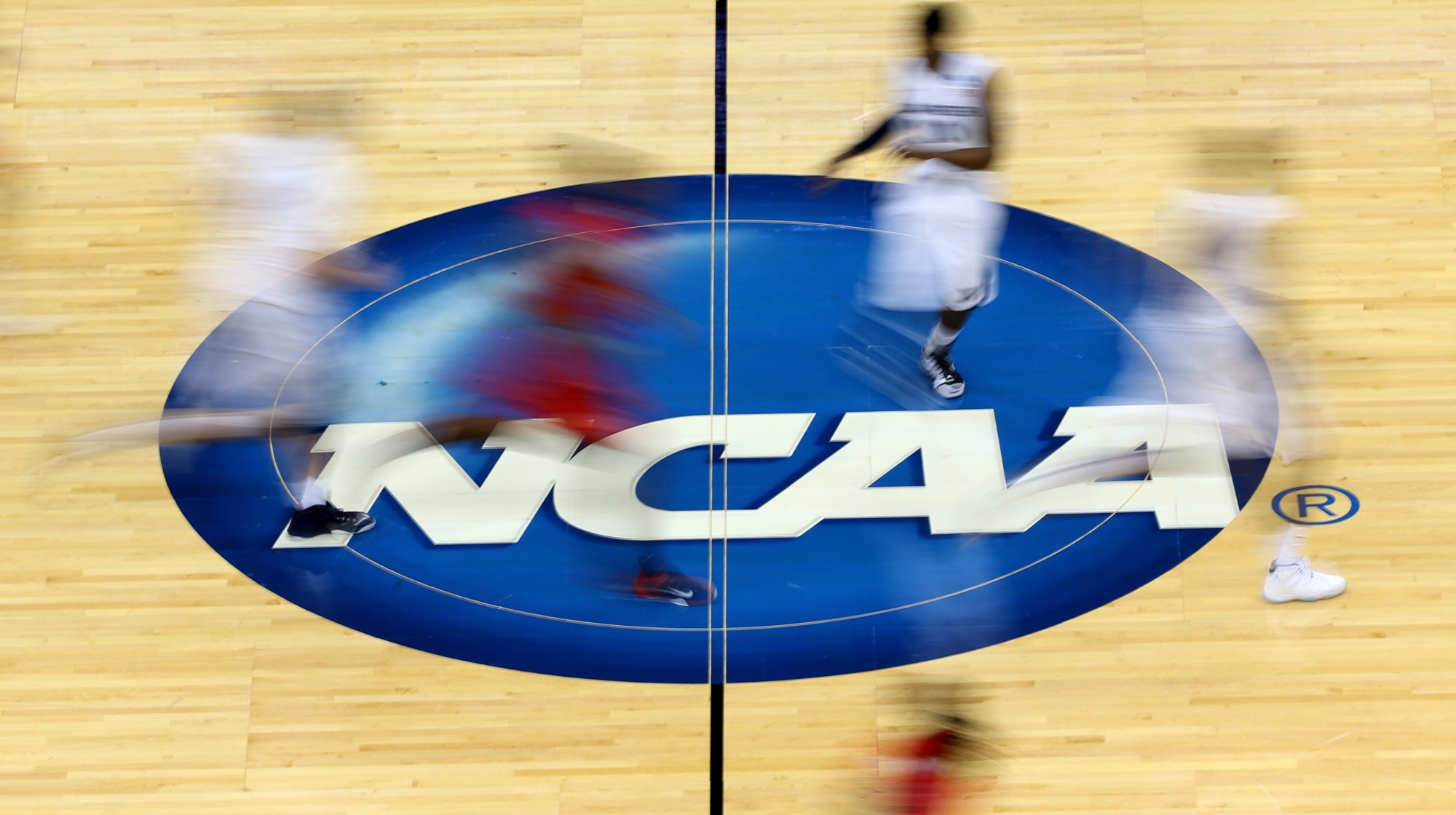 Dozens charged in NCAA game-rigging case
Dozens charged in NCAA game-rigging caseSpeed Read The schemes allegedly involved fixers who paid $10,000 to $30,000 for each rigged game
-
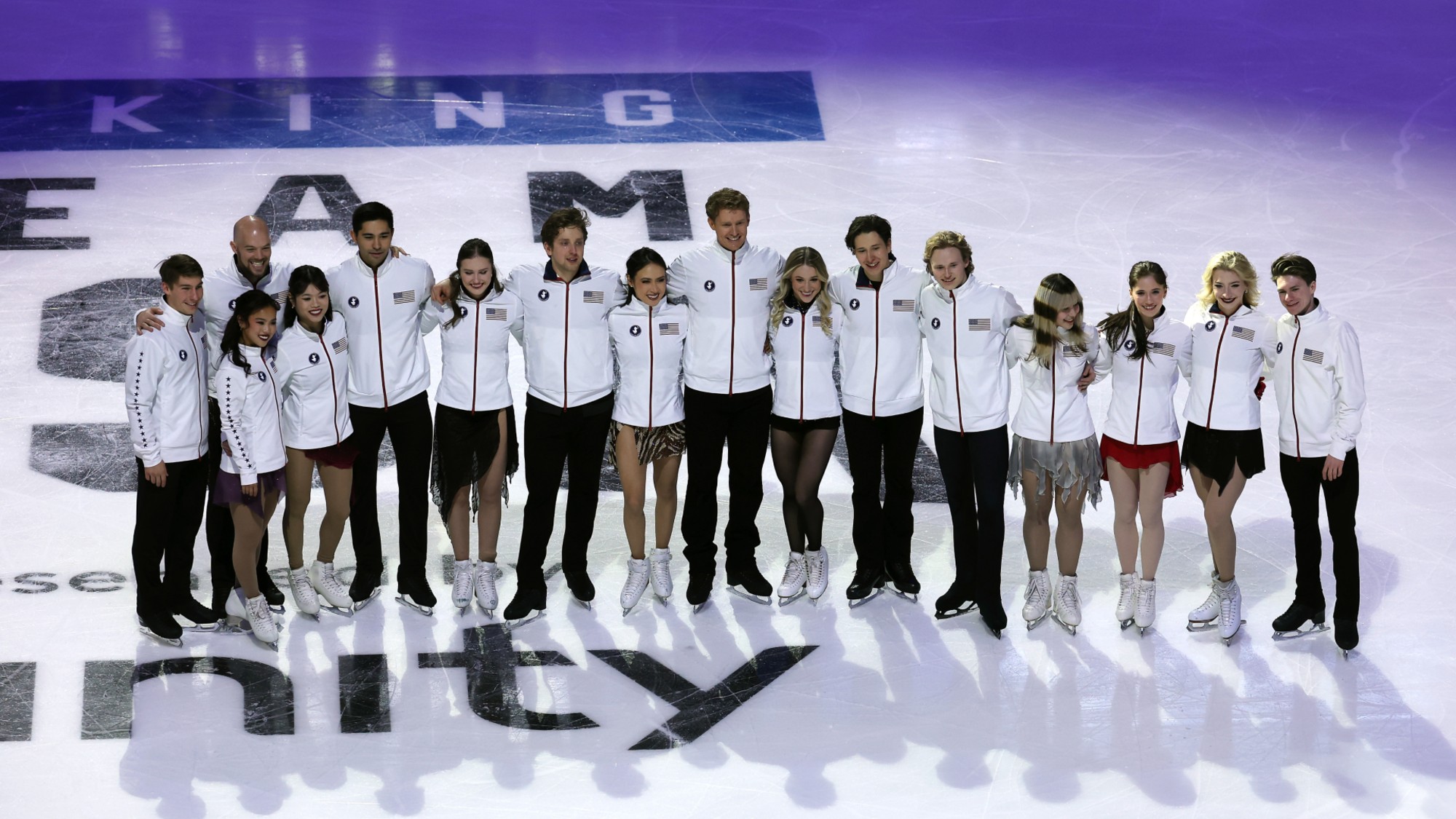 The US Olympic figure skating team might be the ‘greatest’ ever
The US Olympic figure skating team might be the ‘greatest’ everIn the Spotlight The team will take to the ice in February
-
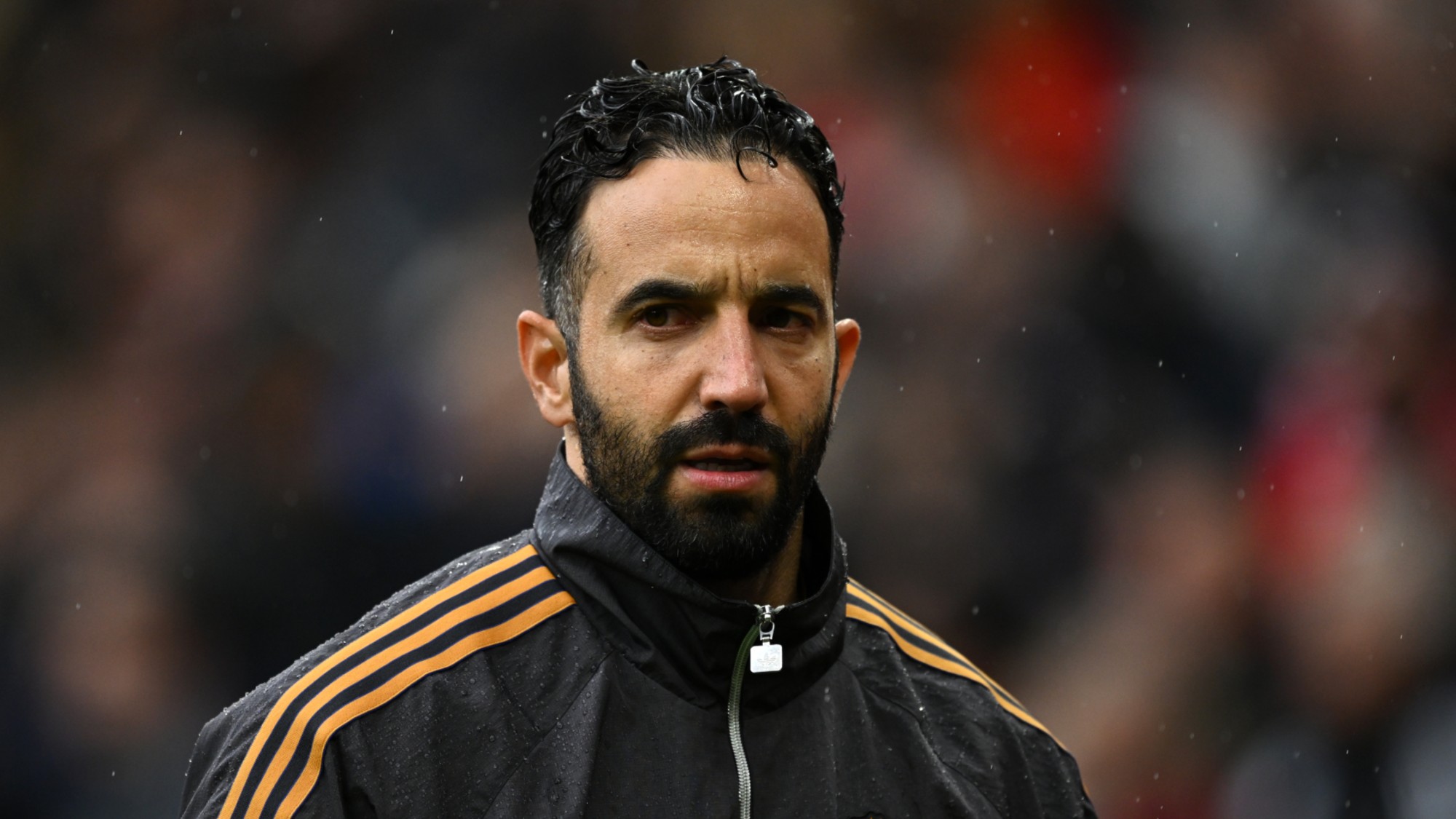 Amorim follows Maresca out of Premier League after ‘awful’ season
Amorim follows Maresca out of Premier League after ‘awful’ seasonIn the Spotlight Manchester United head coach sacked after dismal results and outburst against leadership, echoing comments by Chelsea boss when he quit last week
-
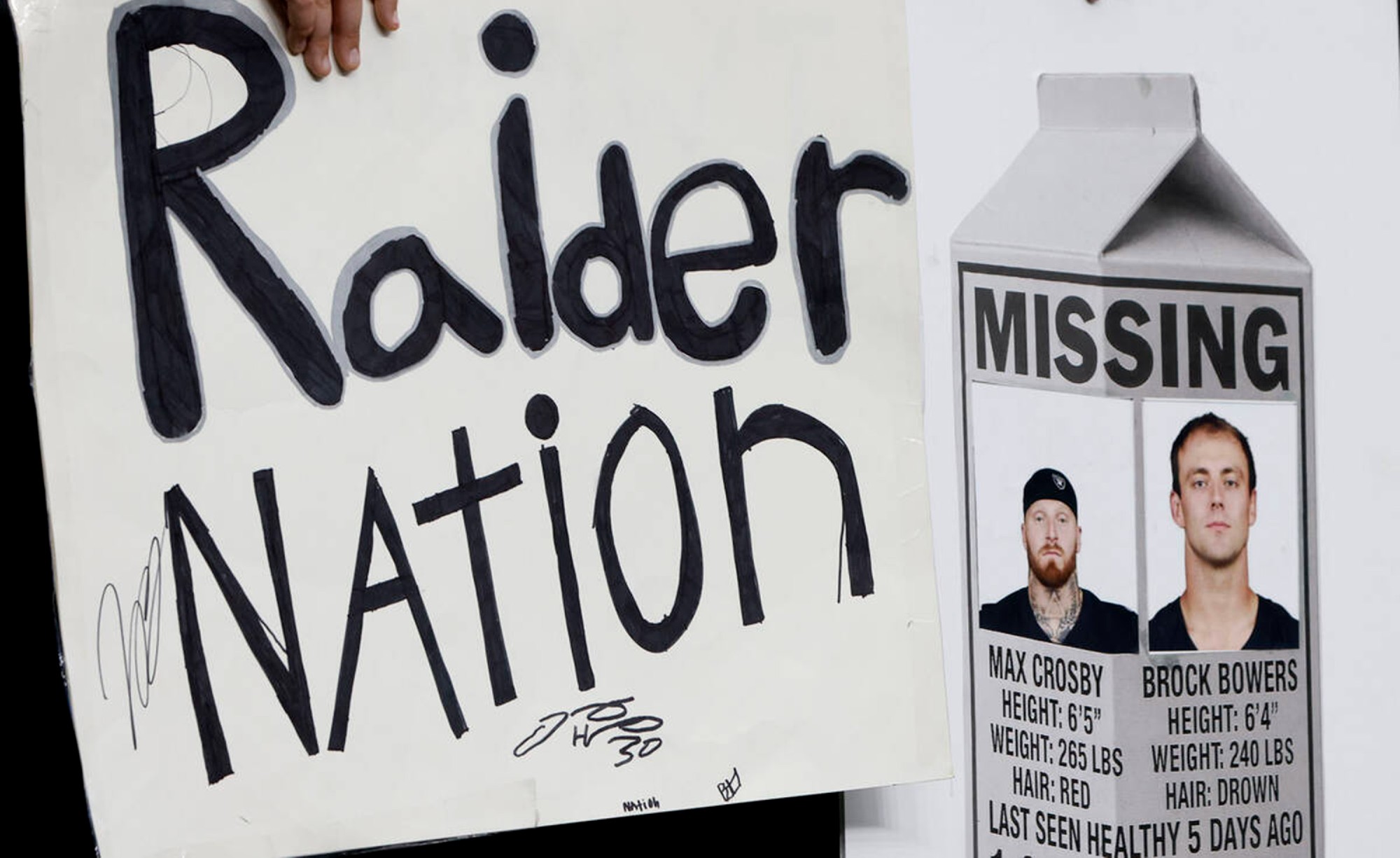 Is tanking ruining sports?
Is tanking ruining sports?Today's Big Question The NBA and the NFL want teams to compete to win. What happens if they decide not to?
